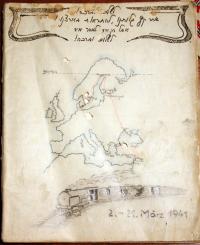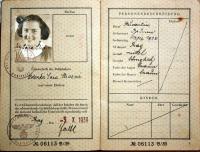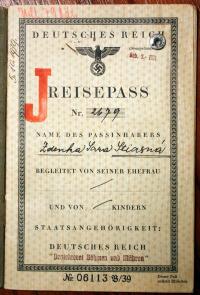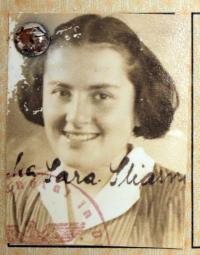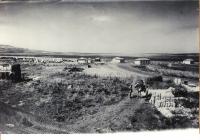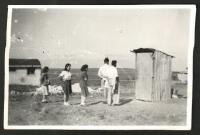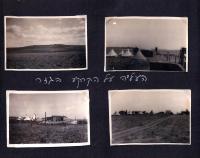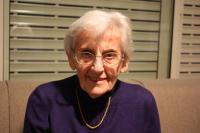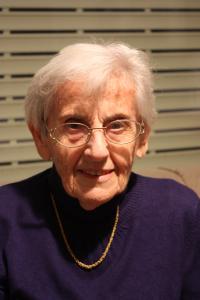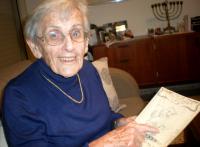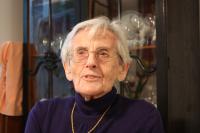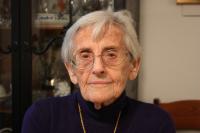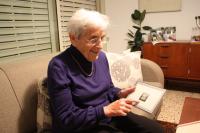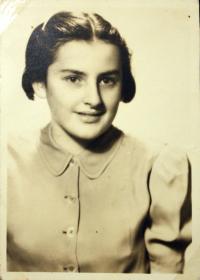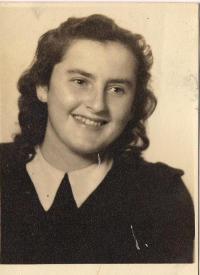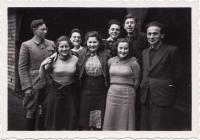My entire life has got a new direction

Download image
Judith Shaked escaped the holocaust by leaving for Denmark. She was born Zdenka Stiastná in 1924 in a Jewish family in Rajhrad near Brno. In 1938 she moved to her aunt and uncle’s who were Zionists living in Prague. In 1939 she was selected by the Youth Aliyah movement for a journey to Denmark. In 1939-1941 she was living in a “foster” family in the Danish countryside and preparing for her “aliyah.” In March 1941 she left Denmark and she travelled in a group transport to Palestine via Sweden, Finland, the USSR and Turkey. She also met her future husband during the journey. She was one of the founding members of kibbutz Gezer near the city of Ramla and later she became a Hebrew teacher at an elementary school in Ramla. For the past few years she had been living in Haifa in northern Israel in order to be closer to her children. Judith died on 6th October 2022.
